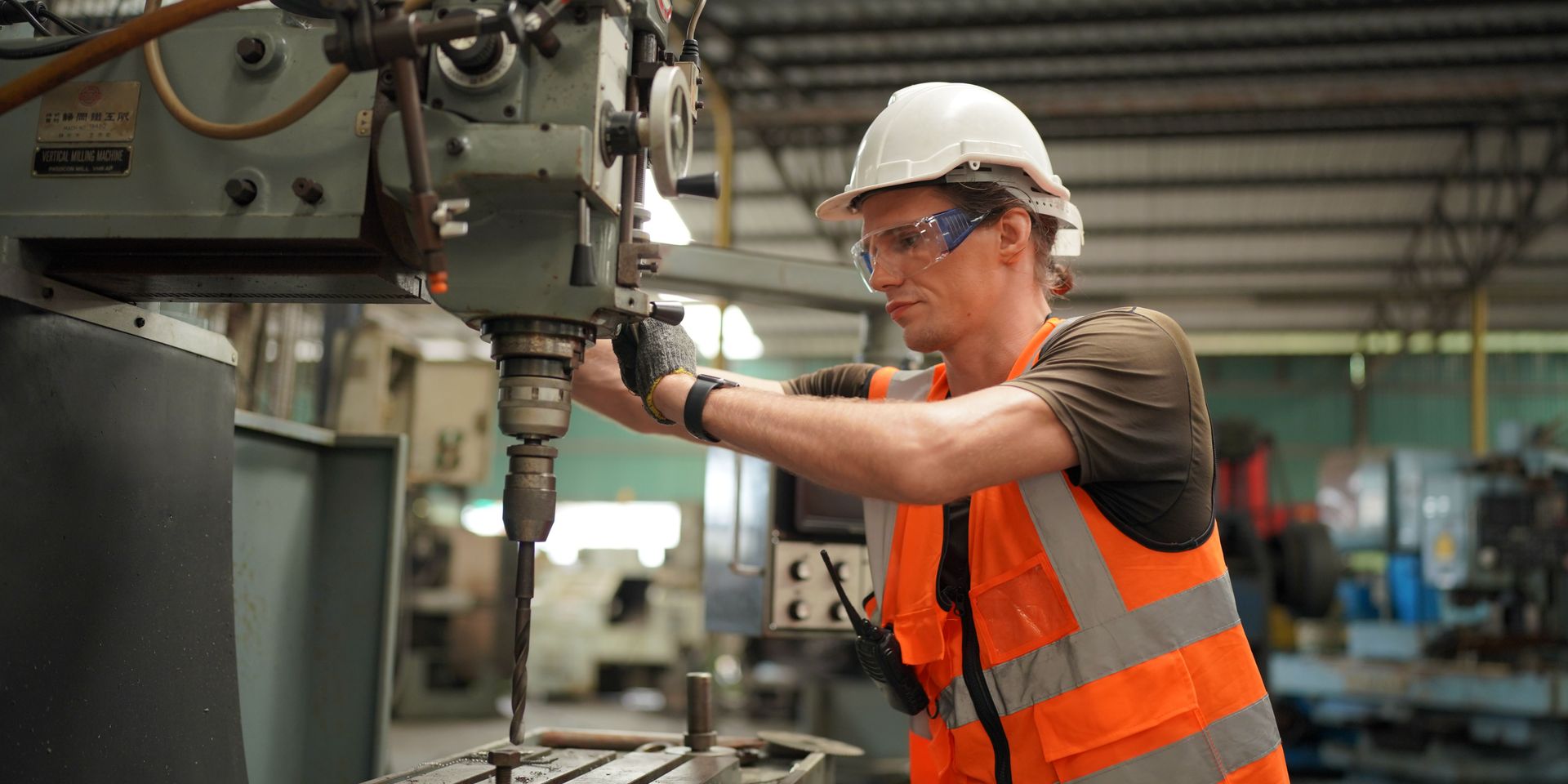There isn’t a single set path to becoming a production operator. Many start out with a CAP or BEP (in industrial maintenance, manufacturing, electrotechnics, etc.), sometimes followed by a Bac Pro. However, plenty of people train directly in the field, through internships, work-study programs, or in-house training offered by their company. What truly matters are basic technical skills (mechanics, automation, electricity) and a willingness to learn. Some individuals then specialize in a specific area, like welding or quality control, by taking additional continuing education courses. In short, this career path remains very accessible, provided you’re motivated, thorough, and ready to commit to an industrial environment.
Temporary Work for a production operator role
Temp work often serves as an excellent springboard into a production operator position. Even without specific qualifications, it’s the ideal chance to step into the industrial world and gain hands-on experience—especially on production processes or machine handling. If companies are satisfied with your work, they’ll often extend your assignment or even offer a more permanent contract. And even if it doesn’t turn into a long-term position, this experience will boost your résumé, expand your professional network, and sharpen your skills for future opportunities.
Production operator salary
A production operator’s salary generally starts around the minimum wage, but it can rise significantly as experience and expertise grow. Some professionals reach up to €2,500 a month, especially if they move into more specialized or technical roles. Additionally, shift allowances, productivity bonuses, or extra pay for irregular hours can boost overall earnings. So, while the starting wage may seem modest, there are real opportunities for growth that make this career path particularly appealing.
Career Development
Over time, a production operator can gain new skills and aim for positions with greater responsibility. For example, some specialize in maintenance or quality control and eventually join more advanced technical teams. Others might prefer a supervisory role and become team leaders, overseeing several operators and making sure deadlines and safety rules are met. In-house training programs, as well as professional certifications, play a key role in facilitating these transitions: they help develop in-depth knowledge and demonstrate one’s value in the workplace. Ultimately, a variety of paths can unfold, provided you remain motivated and curious.



